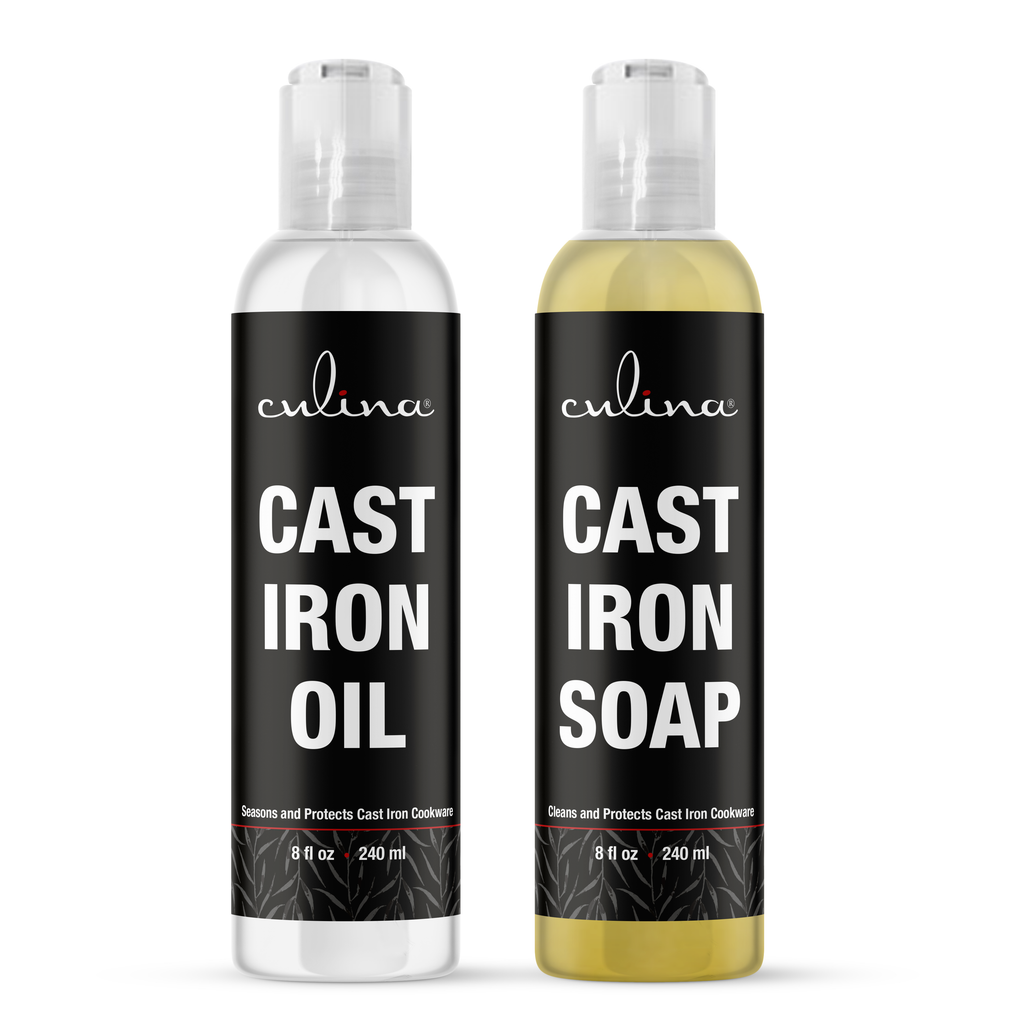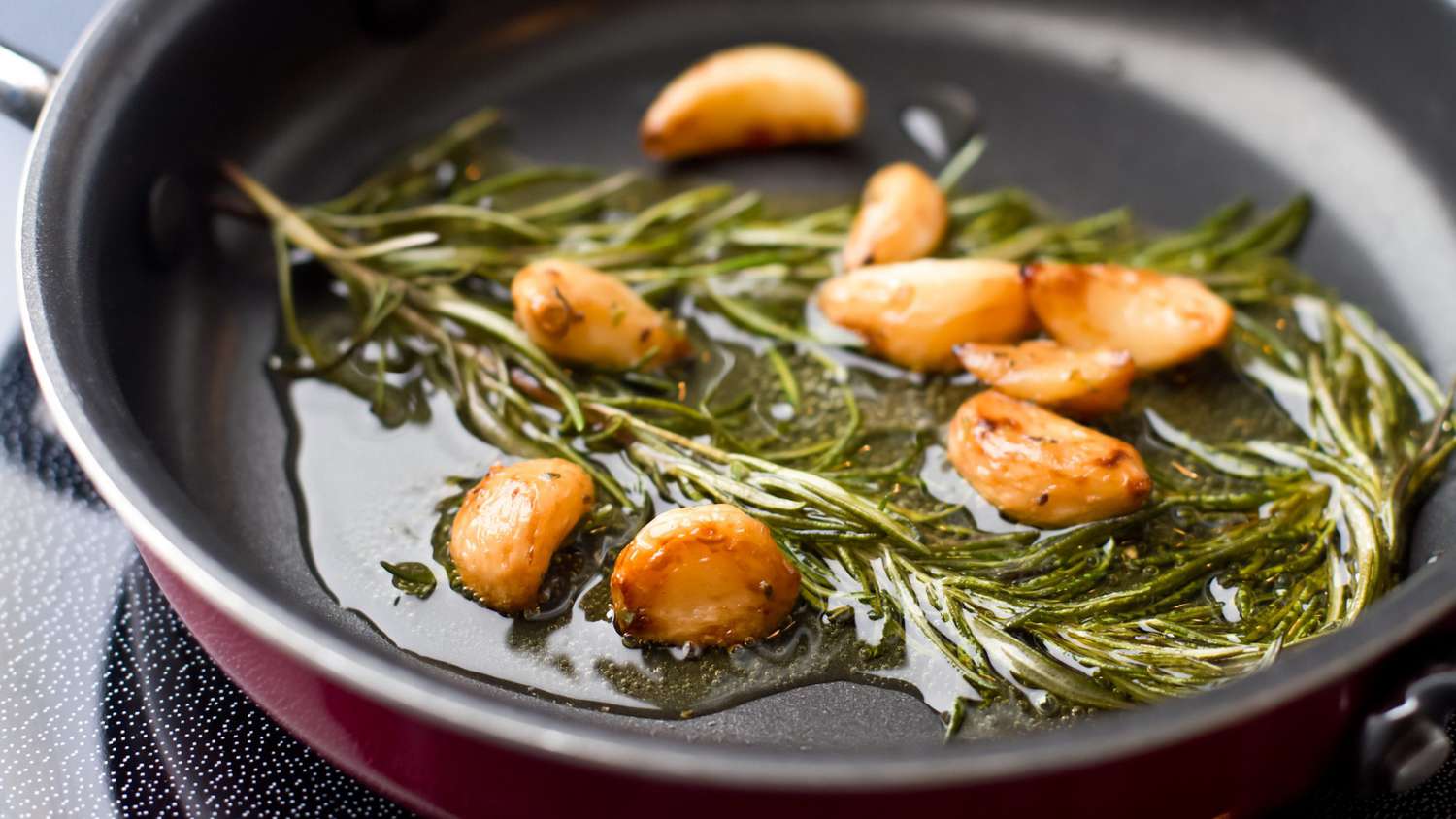Which Olive Oil is the Healthiest for Your Beauty Routine?
As a beautician, understanding the significance of ingredients in skincare is imperative. Among the plethora of options available, **olive oil** stands out as a powerhouse packed with health benefits. But not all olive oil is created equal. In this article, we will address the question of which olive oil is the healthiest for you, focusing on its varied types, health benefits, and best practices for use.

The Various Types of Olive Oil
Before diving into the health advantages, lets explore the different types of olive oils available in the market. Each type has unique properties that lend themselves to different beauty applications:
1. Extra Virgin Olive Oil
Extra virgin olive oil (EVOO) is often regarded as the highest quality among olive oils. It is extracted from the first pressing of olives without the use of heat or chemicals, maintaining its natural flavors and nutrients. Rich in antioxidants, this olive oil is known for its role in promoting skin elasticity, thereby benefitting anti-aging skin routines.
2. Virgin Olive Oil
Virgin olive oil, while still of good quality, undergoes a slightly different extraction process. It possesses a milder flavor and slightly lower antioxidant content compared to EVOO. It can be a suitable choice for cooking or as a base for salad dressing.
3. Refined Olive Oil
Refined olive oil goes through advanced processing, which leads to a higher smoke point. However, this process strips away many beneficial compounds. While it is appropriate for frying and cooking, it lacks the nutrient density of the first two types.

The Health Benefits of Olive Oil
Understanding which olive oil is the healthiest involves recognizing the potential health benefits that these oils can offer, especially in terms of skin health:
1. Moisturization
One of the most recognized properties of olive oil is its moisturizing capabilities. It acts as an effective emollient, sealing moisture into the skin, particularly beneficial for those with dry or sensitive skin.
2. Anti-inflammatory Properties
Olive oil is rich in oleocanthal, a natural compound known for its anti-inflammatory properties. This is particularly advantageous for skin conditions such as psoriasis or eczema, making it a vital ingredient in skincare formulations.
3. Rich in Antioxidants
With high levels of vitamins E and A, olive oil serves as a powerful antioxidant. This means it can help combat free radicals, thereby promoting overall skin health and reducing signs of aging.

Incorporating Olive Oil into Your Beauty Routines
Knowing which olive oil is the healthiest helps you utilize it effectively in various beauty regimens. Here are some approaches beauticians can recommend:
1. Use as a Makeup Remover
Olive oil can effortlessly dissolve makeup, including stubborn waterproof mascara. Just a few drops can help clear the skin while nurturing it at the same time.
2. Hair Conditioner
When applied to hair, olive oil penetrates the cuticle, providing deep conditioning while reducing frizz. Adding a few drops to your conditioner can elevate its benefits immeasurably.
3. Skin Scrubs
Mixing sugar or salt with olive oil can create a rejuvenating exfoliant that removes dead skin cells while replenishing moisture.

Best Practices for Storing Olive Oil
To maximize the benefits of olive oil, it is crucial to **store it** properly. Here are some tips:
1. Keep It in a Dark Place
Light can degrade the quality of olive oil. Store it in a cool, dark pantry to prolong its freshness. For a detailed guide on storing olive oil, check this article!
2. Choose the Right Container
Glass containers are preferable over plastics, as they prevent chemical leaching and maintain taste integrity.
3. Always Cap It Tightly
Every time you open the bottle, it exposes the oil to oxygen, which can lead to rancidity. Ensure it is capped tightly when not in use.
Considerations While Choosing Olive Oil
When searching for which olive oil is the healthiest, consider these essential tips:
1. Look for 'Cold Pressed'
Cold-pressed oils maintain the most nutrients. Always check the label.
2. Check for Certifications
Look for seals from organizations that certify olive oils authenticity, ensuring it meets health standards.
Frequently Asked Questions
1. Can I use olive oil on oily skin?
Yes! Olive oil can actually help balance oil production and prevent breakouts in oily skin types.
2. Is all olive oil beneficial?
Not all olive oils are created equal. Always look for high-quality, preferably extra virgin oil for maximum benefits.
3. How much olive oil should I consume daily?
Moderation is key. A typical recommendation is around 1-2 tablespoons a day for health benefits.
For a delicious method of adding olive oil to your diet, consider checking out how to make salad dressing! Additionally, if you're interested in how much olive oil is recommended for weight loss, refer to this guide on olive oil intake.
As an Amazon Associate, I earn from qualifying purchases.

